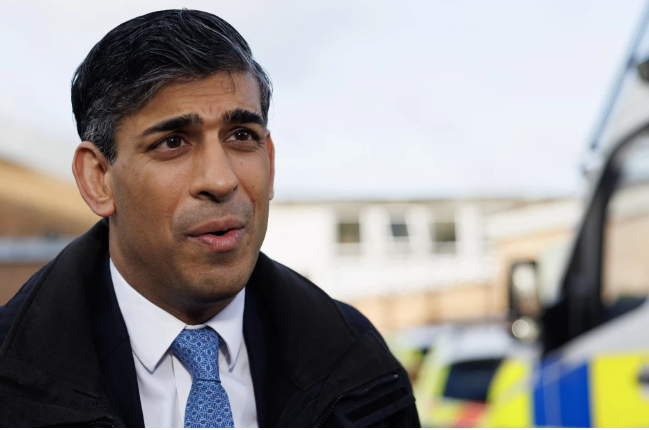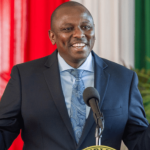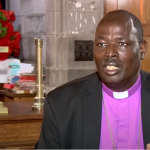Former UK Prime Minister Rishi Sunak urged his Conservative Party on Sunday to “learn the lessons” from their significant election defeat as they began the process of electing a new leader. The four-day conference in Birmingham, central England, follows the Tories being ousted from power by Labour, led by Keir Starmer, three months ago.
“This is our first conference in opposition since 2009,” Sunak wrote in an article for parliament’s *The House* magazine. “We need to learn the lessons of our defeat: we did not get everything right in government—no government ever does—and we now need to reflect on that.”
The last time the party met in opposition was 15 years ago, just before David Cameron led them into a chaotic 14 years of rule, marked by austerity, Brexit, the Covid pandemic, and internal conflicts. During this gathering, four candidates will present their cases to parliamentary colleagues and grassroots members in hopes of replacing Sunak as the next Tory leader.
Kemi Badenoch, Robert Jenrick, James Cleverly, and Tom Tugendhat will all take the stage, answering questions from the audience at the International Convention Centre in Britain’s second-largest city.
Immigration is expected to be a key topic of discussion, as it was a significant issue in the July elections, where the Conservatives lost crucial votes to Nigel Farage’s anti-immigration Reform UK party.
Front-runner and former immigration minister Jenrick stated, “The age of mass migration must end. It’s placing immense pressure on housing, public services, and community cohesion,” pledging a “cast in iron” cap on immigration during an interview on Sky News’s *Sunday Morning with Trevor Phillips*.
Badenoch, Jenrick’s closest competitor, added, “Numbers matter… culture matters. If we want to have a well-integrated society, we need to make sure that we have a shared culture and a shared identity.”
Conservative MPs will vote next week to narrow down the candidates to the final two, and party members will then select the winner in a ballot closing at the end of October. The new opposition leader, tasked with reuniting the party ahead of the next elections, will be announced on November 2.
The choice of leader will influence whether the party shifts further to the right or attempts to reclaim the center ground after experiencing its worst-ever general election result on July 4. Labour secured a remarkable 174-seat majority in the 650-seat UK Parliament, while the Tories lost 251 seats, resulting in just 121 MPs, the lowest in their history.
This drastic decline followed a previous election in 2019, when the Tories held an 80-seat majority under Boris Johnson, primarily by promising to “get Brexit done.” The party unraveled spectacularly, facing scandals including Downing Street staff partying during coronavirus lockdowns, which led to Johnson’s resignation. His successor, Liz Truss, lasted a mere 49 days due to her mini-budget, which destabilized the pound and alarmed markets.
Sunak, brought in to steady the ship, was unable to reverse the decline during his 20 months in office, which were marred by internal factional disputes. Following the election results, he announced his intention to step down once a successor was chosen.
The party now faces a dilemma: should it focus on regaining voters who switched to Farage’s hard-right party, or aim to attract those who have moved to the centrist Liberal Democrats? The party has drifted rightward in recent years, with Badenoch and Jenrick seen as the more right-wing candidates, while Cleverly and Tugendhat are closer to the center. The conference will conclude on Wednesday.



